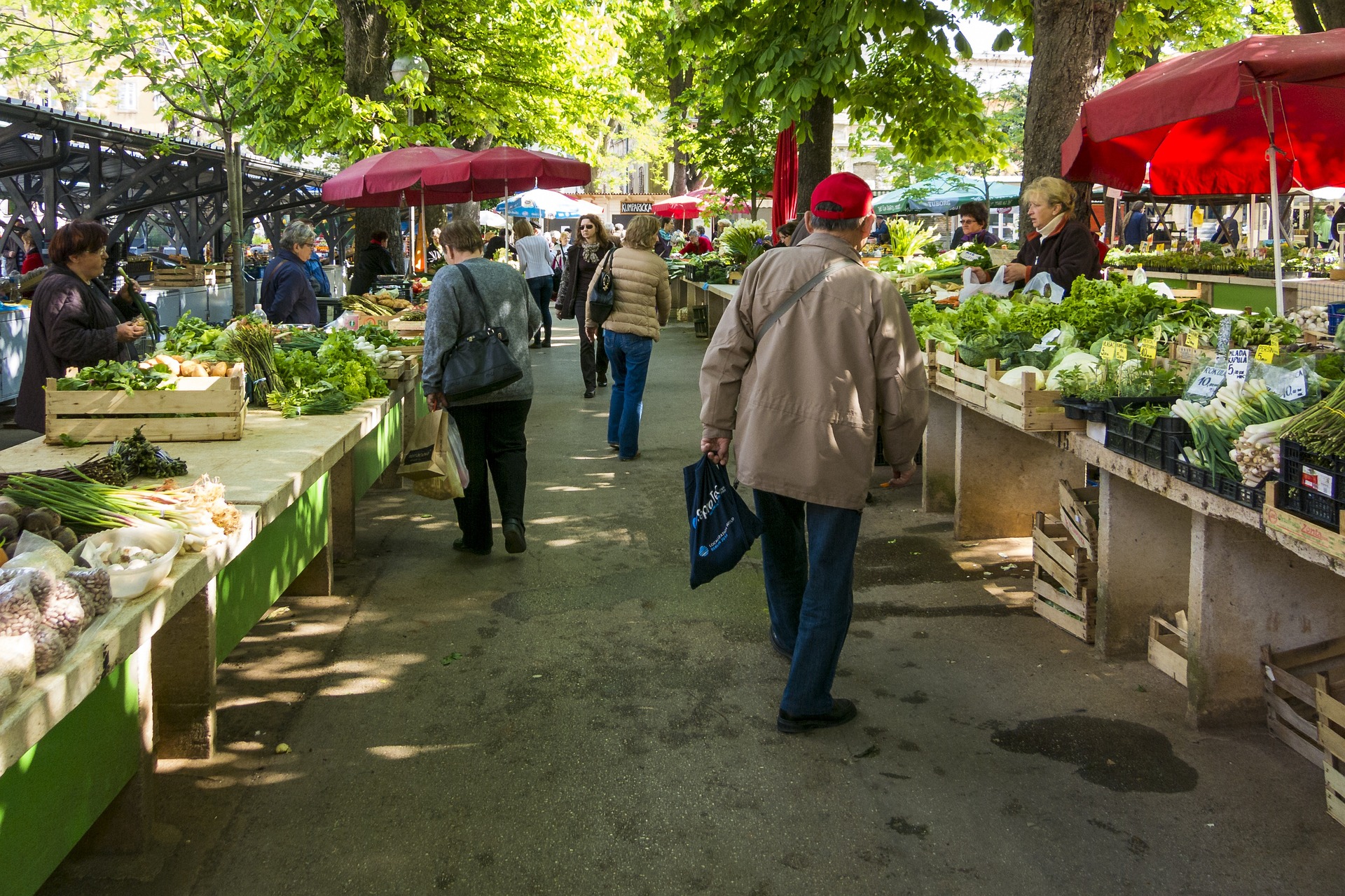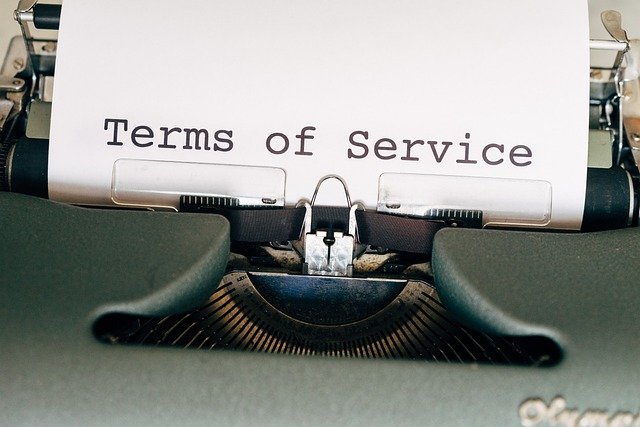Garage Sales Boom in Iraq: Growing Secondhand Economy
Garage sales are reshaping shopping habits across Iraq, fueling a vibrant secondhand marketplace that blends economic necessity with community connection. Discover how these informal markets offer affordable goods, support household incomes, reduce waste, and reflect changing consumer attitudes toward sustainable consumption in Iraq.
Garage sales and neighborhood swap events are gaining traction across Iraq, emerging as a practical and social response to changing economic realities. What began as occasional yard sales has evolved into a structured secondhand ecosystem where families sell used items, buyers find bargains, and communities strengthen local ties. This informal market fills gaps left by formal retail and promotes more sustainable consumption patterns.
Economic benefits for households and neighborhoods
For many Iraqi households, garage sales provide an accessible way to supplement income. Sellers convert unused or outgrown items into cash, which can be especially valuable in areas with limited employment opportunities or fluctuating purchasing power. Buyers, meanwhile, gain access to essential goods at significantly reduced prices compared with new items. This redistribution of goods creates a practical micro-economy: money circulates locally, and households stretch their budgets further without sacrificing quality for daily needs.
These events often require minimal overhead—no storefront rent or advertising costs—so more of the revenue goes directly to sellers. In neighborhoods with regular sale days, participants gain predictable opportunities to monetize belongings, encouraging families to periodically declutter and participate in the local economy.
A shopping culture that strengthens social bonds
Beyond dollars and dinars, garage sales are social platforms. They revive traditional bargaining practices in a contemporary context, letting buyers negotiate directly with sellers and fostering interpersonal exchange. For many communities, these sales are social occasions where neighbors catch up, swap information about services or job openings, and exchange tips on household repair and reuse.
Organizers and frequent vendors often create informal networks that share event schedules, curate items, and support newcomers on how to price goods. These connections deepen community cohesion, build trust among residents, and create reliable channels for circulating secondhand goods.
Trends in the secondhand market and urban expansion
Urban centers in Iraq have seen the most visible growth in organized secondhand activity. Observers report more neighborhoodwide sale days, pop-up markets, and coordinated community events that operate on weekly or monthly schedules. This increased organization helps attract more buyers, improve item quality through selective curation, and raise awareness of the benefits of buying used.
Two forces drive this trend: economic necessity and rising environmental consciousness. While many shoppers initially turn to secondhand markets to save money, a growing segment is motivated by sustainability—recognizing that buying used prolongs a product’s life and reduces waste. The combination of financial and environmental incentives is expanding the customer base and encouraging entrepreneurship among vendors who specialize in refurbished electronics, repaired furniture, and curated clothing collections.
Contribution to the local economy and sustainability goals
Garage sales play a role in both economic resilience and waste reduction. By extending the useful life of items, these markets lower the volume of household waste and lessen demand for newly manufactured goods. This circular approach helps conserve resources and can reduce the environmental footprint of consumer activity.
At the same time, the informal economy supported by garage sales provides flexible income options. Individuals who repair, refurbish, or resell goods create micro-businesses that add vitality to neighborhood commerce. While these activities may not be captured in official statistics, they represent real value for families who depend on supplementary earnings.
| Market Type | Average Item Cost (IQD) | Typical Items Found |
|---|---|---|
| Urban Garage Sales | 5,000-50,000 | Electronics, Furniture, Clothing |
| Community Markets | 2,000-30,000 | Household Items, Books, Tools |
| Traditional Bazaars | 1,000-20,000 | Antiques, Crafts, Used Goods |
Prices, rates, or cost estimates mentioned in this article are based on the latest available information but may change over time. Independent research is advised before making financial decisions.
Considerations and possible challenges
Despite the advantages, garage sales face hurdles. Regulatory ambiguity around informal trade can create uncertainty for sellers, and inconsistent quality or condition of goods can deter some buyers. Logistics—such as coordinating event dates, managing crowd flow, and ensuring fair pricing—require community organizing skills that not all neighborhoods possess.
There are also opportunities for improvement: basic guidelines on pricing, item safety (especially for electronics and children’s products), and simple marketing strategies can professionalize these events without stripping away their grassroots character. Local organizations or neighborhood committees could offer workshops to help vendors present goods effectively and maintain buyer trust.
Looking ahead: permanence and potential
The trajectory of garage sales in Iraq suggests they will remain a lasting feature of the retail landscape. As economic pressures persist and awareness of sustainable consumption grows, secondhand markets will likely expand in both size and sophistication. Their blend of affordability, community engagement, and environmental benefit positions them as a practical complement to formal retail channels.
By adapting traditional trading habits to modern needs, Iraqi communities are creating resilient, low-cost marketplaces that preserve local culture while meeting contemporary economic and environmental demands. With modest support and better organization, these initiatives can continue to empower households, reduce waste, and strengthen neighborhood economies for years to come.







